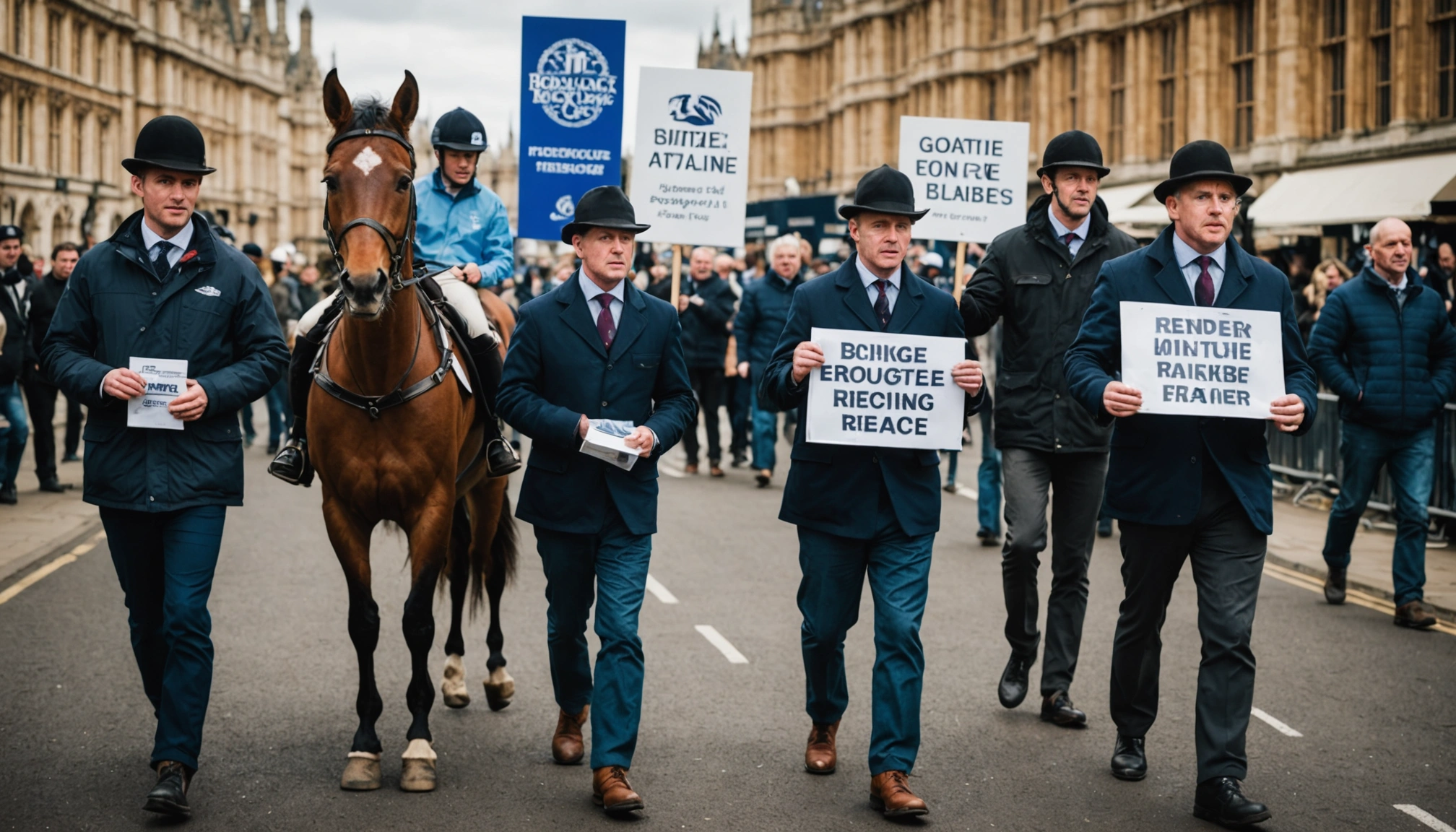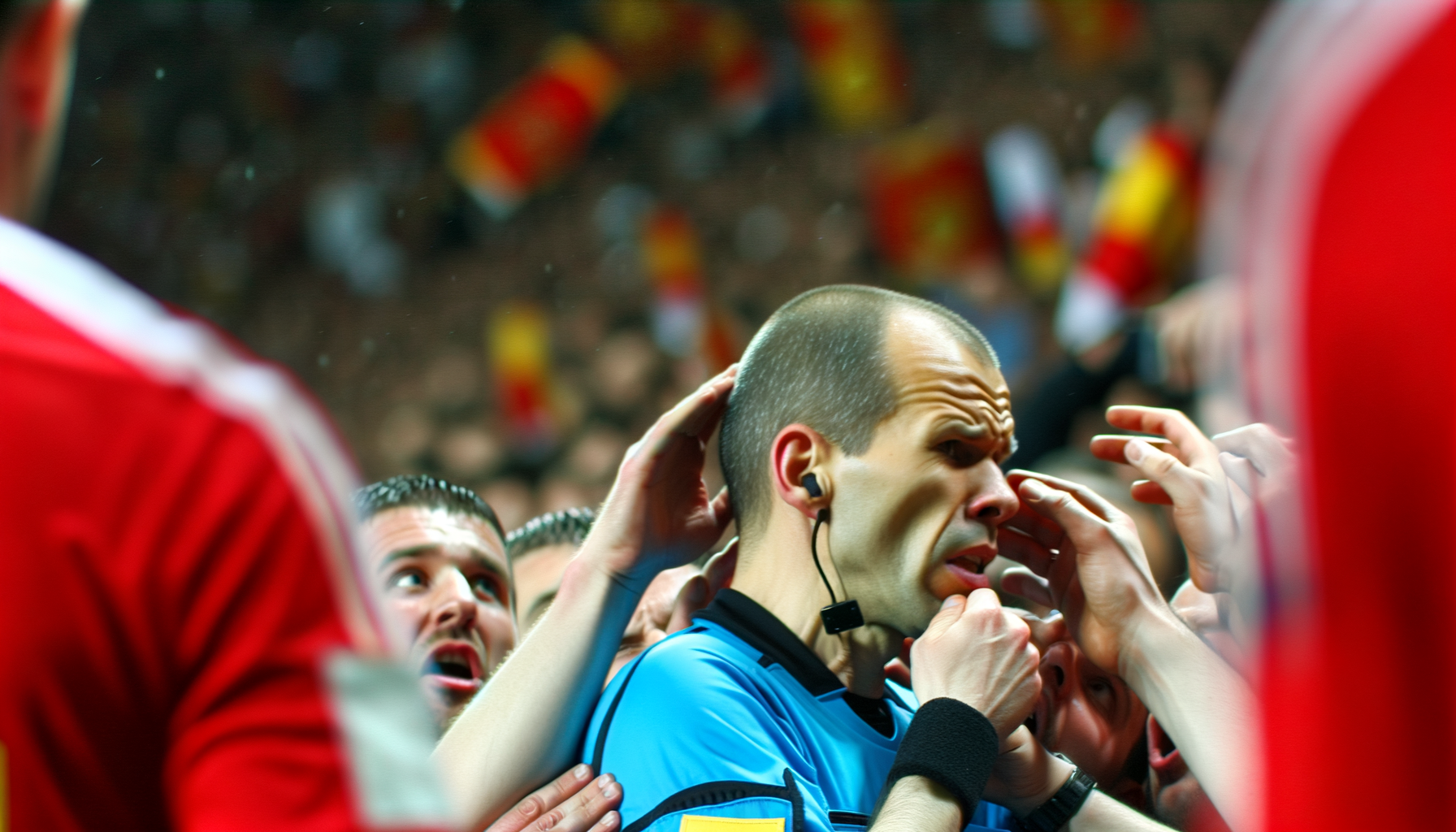British Horse Racing Strike Explained: Background And Impact
Discover why British horse racing is striking over proposed betting tax rises, its impact on the sport, and what it means for fans and the industry.

By Editorial
Introduction to the British horse racing strike
In a historic first, British horse racing will witness a one-day strike, halting all fixtures on a Wednesday in protest against the government’s proposed tax increase on betting activities linked to the sport. This unprecedented action has sent ripples through the racing community, fans, and the wider betting industry. But why has the sport taken such a dramatic step, and what are the potential consequences?
The background to the proposed betting tax rise
The Treasury aims to consolidate various online betting duties into a single rate, potentially increasing the current 15% tax rate bookmakers pay on horse racing bets to align with the 21% rate applied to online gaming sectors like casinos and slots. This move, expected to be announced in the Chancellor’s budget, has sparked concern among racing authorities.
While the government insists that no final decision has been made and that horse racing currently benefits from a unique 100% tax relief, the British Horseracing Authority (BHA) fears that any tax increase could severely damage the sport’s financial ecosystem.
What the strike entails and its immediate effects
On the strike day, no horse racing events will occur in Britain. Leading jockeys, trainers, and owners will instead converge at Westminster to lobby MPs directly. This day of action comes just before the prestigious four-day St Leger meeting at Doncaster, a significant event in the racing calendar that the Prime Minister attended last year.
To minimise disruption, several fixtures have been rescheduled to other dates, including meetings at Lingfield Park, Carlisle, Uttoxeter, and Kempton Park. Nonetheless, the strike represents the first voluntary cessation of racing in modern British history, aside from traditional breaks like Christmas.
Economic impact of the proposed tax on horse racing
Horse racing is Britain’s second-most popular spectator sport, hosting over 1,400 fixtures annually and employing around 85,000 people. The proposed tax hike could cause bookmakers to reduce promotional efforts for racing, offer less attractive odds, and cut customer bonuses, making the sport less appealing to punters.
Reduced betting turnover would have a knock-on effect on the racing levy, which is funded by bookmakers’ profits and contributes over £100 million annually towards prize money and industry support. The BHA’s commissioned economic analysis estimates a potential £330 million loss in industry revenue over five years and the risk of nearly 3,000 jobs in the first year alone.
Potential risks to legal betting and the rise of black markets
One significant concern is that higher taxes could drive bettors towards illegal, unregulated bookmakers who do not contribute to the sport or provide consumer protections. BHA chief executive Brant Dunshea emphasises the importance of recognising this risk when shaping policy, as illegal betting undermines both the sport’s integrity and government revenues.
Industry and public reactions to the strike
Jockey Tom Marquand voiced fears that the tax hike might force British riders to seek opportunities abroad, threatening the sport’s domestic talent pool. He stated, “It seems pretty sad we might have to think about emigrating somewhere else to make a living out of the sport that we so enjoy.”
Among racegoers, there is sympathy for the strike. Alan Mills, attending Windsor races, commented on the importance of bookmakers having sufficient funds to sustain the sport and its community impact.
However, the Betting and Gaming Council (BGC), representing betting operators, criticised the strike for lacking prior consultation, warning that such gestures could alienate the government and frustrate punters without resolving the underlying issues.
What the strike means for the future of British horse racing
While this strike is currently a one-off, it forms part of a broader campaign titled ‘Axe the Racing Tax,’ which has gathered over 12,000 petition signatures. The BHA has not ruled out further industrial action, especially during higher-profile race meetings, should negotiations falter.
This campaign highlights the sport’s unique cultural significance and economic contribution, seeking to preserve its sustainability amid evolving government policies. For fans and stakeholders alike, the coming months will be critical in determining racing’s future landscape.
Conclusion and what it means for fans and punters
The British horse racing strike shines a spotlight on the complex relationship between government taxation, betting behaviour, and the sport’s financial health. Fans may face short-term disruptions and changes in betting markets, while the industry strives to secure a sustainable path forward.
For those interested in broader sports developments, understanding such issues is vital. For example, recent insights into how sports organisations adapt to change can be seen in articles like How The IOC Is Reshaping The Olympic Games For The Future, which explores strategic evolution in global sport.
As this story develops, Sports Scoop will continue to provide timely updates and expert analysis on the impact of taxation and policy on British horse racing and the wider sporting world.
Related topics
Editorial
Sports expert at SportsScoop
Specialist in sports analysis and journalism
Related articles
Want to read more?
Explore our comprehensive collection of sports articles and analysis, or contact us for more information.



